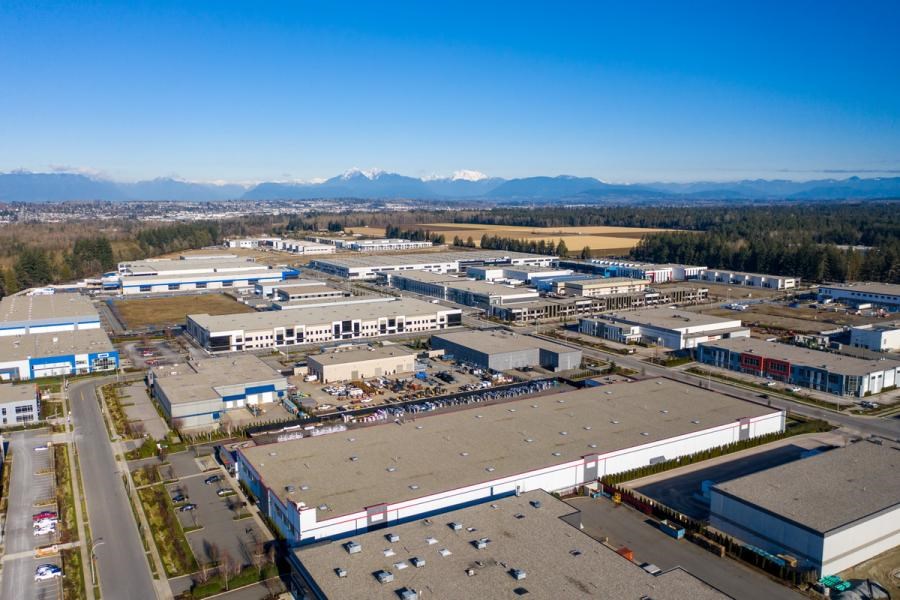In a contentious vote October 29, Metro Vancouver's 40 directors, with weighted votes, approved by a 134-82 margin Surrey's request to redesignate South Campbell Heights land for employment purposes.
The vote was important because it paves the way for more than 600 acres of rural land in Surrey, near Langley, to be able to be used for industrial purposes.
CBRE statistics show that region-wide, Metro Vancouver in the second quarter of 2021 had an all-time low 0.6 per cent industrial real estate vacancy rate. Colliers pegs the region’s industrial vacancy rate at an even lower record level: 0.5 per cent.
Industry insiders and supporters say that the region is in a crisis, with insufficient industrial land for local companies to expand, and for foreign companies to be able to locate regional distribution centres.
Low vacancy means local manufacturers could be pushed further east, into the Fraser Valley – prompting trucks to spend more time on roads congesting traffic, spewing greenhouse-gas emissions and adding distribution costs to the price of goods.
CBRE statistics show that the average asking price for leased industrial space in Metro Vancouver jumped 7.2 per cent, to $15.01, in the second quarter of 2021, compared with the previous quarter.
Since the start of 2017, the asking price to lease industrial space in the region has soared 72.9 per cent.
It is not uncommon for industrial land in the Fraser Valley to top $3 million per acre. There were 180 industrial land sales in the Lower Mainland in the second quarter (Q2) of 2021, a 71.4 per cent increase from 105 sales in Q2 2020. The dollar value of industrial sales was $480 million in Q2 2021, a 79.8 per cent increase from the same three-month period last year, according to the Real Estate Board of Greater Vancouver.
The vote on allowing rural land to be rezoned proved contentious.
"The majority of the support came from Burnaby, Coquitlam, Port Coquitlam, Delta, Surrey, Langley Township, Maple Ridge and Anmore," said Gary Pooni, who is a planning consultant working with Beedie.
Vancouver representatives were split. Councillors Pete Fry, Melissa DeGenova, Lisa Dominato and Mike Wiebe voted in favour, whereas councillors Adriane Carr, Christine Boyle and Colleen Hardwick voted against.
Richmond councillor Harold Steves told BIV before the vote that he wanted the land to stay rural in part for food security, and environmental sustainability reasons.
He said he believes that Metro Vancouver has sufficient industrial land, and that owners need to densify their land with multi-storey warehouses.



